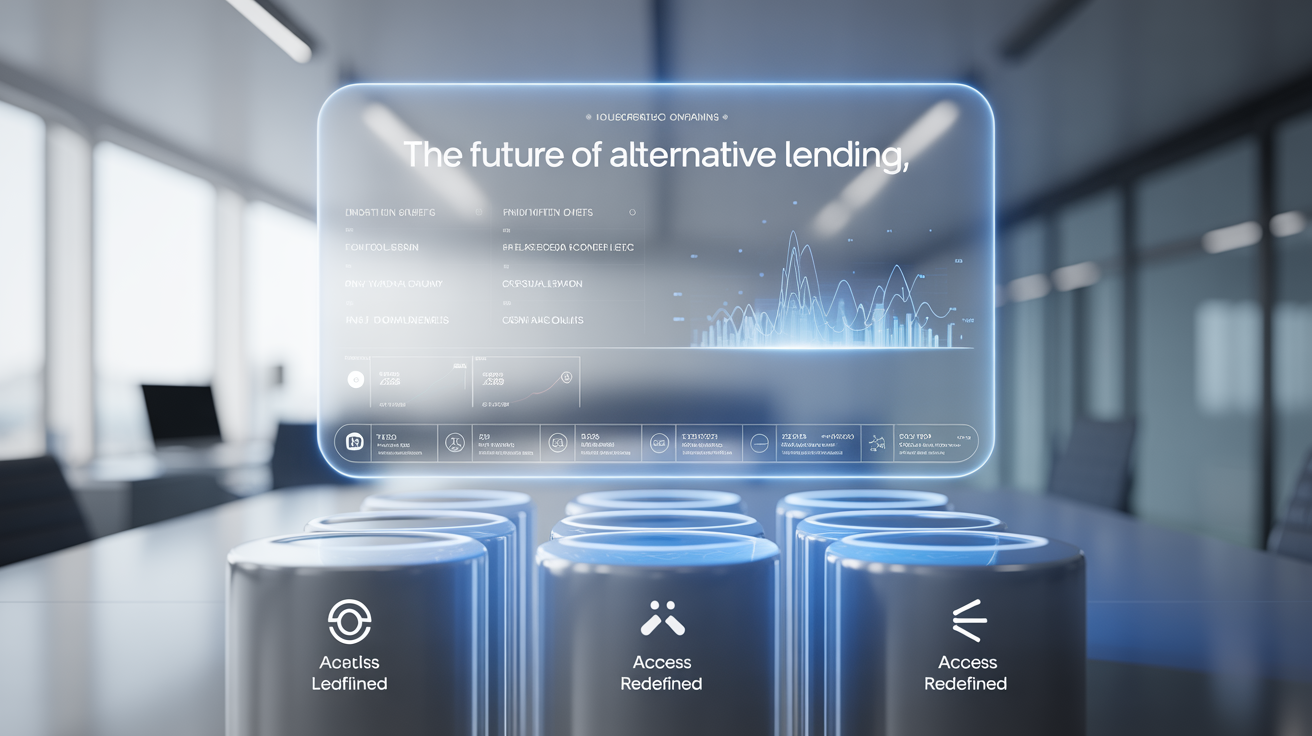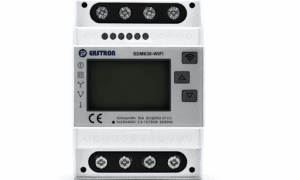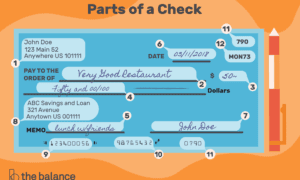Managing logistics can feel overwhelming, especially with rising costs and supply chain delays. The global logistics industry is now worth over $9 trillion, showing its significant impact on the economy.
This blog discusses companies applying intelligent technology to enhance efficiency and ensure goods flow without disruption. Keep reading to discover the leading companies shaping a more efficient future for logistics.
The Importance of Innovation in Logistics
Efficient logistics keeps restaurant supply chains running smoothly. Progress and creativity drive this efficiency through faster deliveries, improved tracking, and cost-saving technologies.
Automated systems help reduce errors in inventory management and speed up the restocking process. These advancements ensure that restaurants receive fresh ingredients on time while minimizing waste.
Digital integration changes how businesses handle transportation and storage. AI-powered tools predict demand patterns, helping to improve delivery schedules and cut unnecessary trips.
“Smart solutions make logistics more reliable for small business owners,” says a leading logistics expert. By adopting modern systems, restaurants can focus on improving customer experience instead of worrying about delays or shortages in their supplies.
Peppr – Digital Supply Chain Platform
Peppr simplifies supply chain management for restaurant owners using digital technology. It connects suppliers, distributors, and buyers on a single platform. This connectivity ensures faster order processing and reduces delays in deliveries. Beyond supply chains, tools like Commission-free online ordering by Peppr help restaurants streamline customer orders while avoiding high third-party fees.
The platform uses data analytics to improve decisions about inventory and stock requirements. Restaurants gain clearer insights into their supply chains while cutting waste and costs.
By automating key processes, Peppr helps businesses operate more effectively with fewer errors and manual tasks.
Flexport – Cloud-based freight forwarding and supply chain platform.
Flexport simplifies freight forwarding by connecting businesses to a cloud-based platform. This system provides real-time tracking, allowing restaurants to monitor shipments and avoid delays.
It improves supply chain management with data-based insights that enhance efficiency and lower costs.
The platform incorporates advanced technology to ensure smoother transportation and better inventory management. Flexport’s tools also help address issues like increasing shipping costs or interrupted schedules.
Its versatility makes it a great option for managing restaurant supply chains efficiently. Next, review how Maersk provides comprehensive digital logistics solutions.
Maersk – Digital-first logistics leader with end-to-end solutions.
Maersk drives logistics progress with its digital-first approach. The company offers comprehensive solutions designed to simplify supply chain management for businesses, including restaurants.
Its integrated services include ocean and inland shipping, efficient warehousing, customs clearance, and last-mile delivery. We connect and simplify supply chains to improve global trade, says Maersk.
By focusing on automation and data-based insights, Maersk ensures greater efficiency and reliability in transportation processes. Their platform provides real-time shipment tracking for better inventory control, helping restaurant owners avoid delays or shortages in essential supplies.
Project44 – Real-time supply chain visibility technology.
Project44 builds on what logistics leaders like Maersk aim to achieve by offering exceptional real-time transparency. It connects businesses with data that tracks shipments from start to finish, providing detailed insights into their supply chain.
Restaurant owners benefit by predicting delivery times and avoiding delays.
This technology relies on advanced data integration and IoT tools to keep users informed about transit conditions, routes, and timelines. For restaurants, accurate tracking ensures ingredients arrive fresh and on time.
Reliable visibility reduces waste, improves efficiency, and enhances overall operations in a competitive market.
FourKites – Predictive analytics for freight and logistics.
FourKites offers real-time tracking and predictive analytics to simplify freight and logistics. Restaurants can monitor shipments, track supply chain performance, and avoid delays with accurate data.
The platform examines trends to anticipate delivery times, allowing improved planning for inventory.
Its connectivity works with various carriers and warehouse systems to provide centralized visibility. This reduces disruptions by anticipating issues before they arise, keeping your supply chain effective.
Learn how technology like FourKites strengthens adaptability in logistics as we advance with AI-driven solutions alongside DHL Innovation next.
DHL Innovation – Leveraging AI and robotics in logistics.
DHL uses artificial intelligence and robotics to make logistics faster and more efficient. AI helps anticipate demand, plan optimal routes, and minimize delivery delays. Robots enhance productivity in warehouses by accelerating sorting, packing, and loading processes.
Automated guided vehicles transport goods within facilities accurately. Robotic arms perform repetitive tasks with accuracy to save employees’ time. These improvements assist businesses like restaurants in receiving supplies promptly while lowering costs. Cargotec concentrates on intelligent cargo handling with advanced automation systems.
Cargotec – Smart cargo handling and automation.
Building on AI and robotics in logistics, Cargotec focuses on intelligent cargo handling to improve supply chain efficiency. Its automated solutions help enhance loading and unloading processes for trucks, ships, and warehouses. Restaurant owners benefit from faster deliveries that keep ingredients fresh.
Cargotec uses Internet of Things (IoT) technology to monitor equipment performance in real time. This reduces downtime while lowering operational costs. Its eco-efficient systems also support sustainability by reducing fuel usage and emissions during transport operations.
IBM Supply Chain Intelligence Suite – AI-powered optimization.
IBM Supply Chain Intelligence Suite uses artificial intelligence to improve supply chain accuracy and efficiency. It predicts disruptions, identifies risks, and provides practical insights to prevent delays.
The system processes vast amounts of data in real time, allowing businesses like restaurants to make smarter inventory and sourcing decisions.
Its AI tools improve demand forecasting by analyzing patterns across markets. This means restaurant owners can reduce waste, stock the right ingredients, and ensure steady operations even during supply chain challenges.
Next is Oracle SCM Cloud’s cloud-based solutions offering more flexibility for growing businesses.
Oracle SCM Cloud – Scalable cloud-based supply chain solutions.
Oracle SCM Cloud offers adaptable solutions to enhance supply chain management for restaurants. This platform allows businesses to track inventory, manage suppliers, and refine orders in real time.
It connects key processes like procurement, manufacturing, and logistics while providing clear data insights. Restaurants can adjust to sudden changes in demand or supply disruptions with their flexible planning tools. These features help minimize waste and improve efficiency across operations.
Kuehne+Nagel – Logistics company investing in digital transformation.
Building on the flexibility of Oracle SCM Cloud, Kuehne+Nagel focuses on digital transformation to improve logistics. The company invests in technology that enhances supply chain efficiency and resilience.
Through automation and data analytics, it improves transparency across transportation networks.
Kuehne+Nagel incorporates IoT to track shipments in real-time. This connectivity helps prevent delays and ensures efficient last-mile delivery for businesses like restaurants. Blockchain technology increases security by protecting data along the supply chain.
These advancements make managing orders easier while supporting sustainability efforts globally.
Conclusion
The future of logistics is driven by creativity and advanced technology. Companies are finding smarter ways to enhance delivery, transportation, and supply chain processes. These advancements make operations faster and more efficient while prioritizing sustainability.
Businesses adopting these tools will remain competitive in an ever-evolving world.



































